What is Malaria and Its Type - Early Symptoms, Cause, Treatment, Prevention
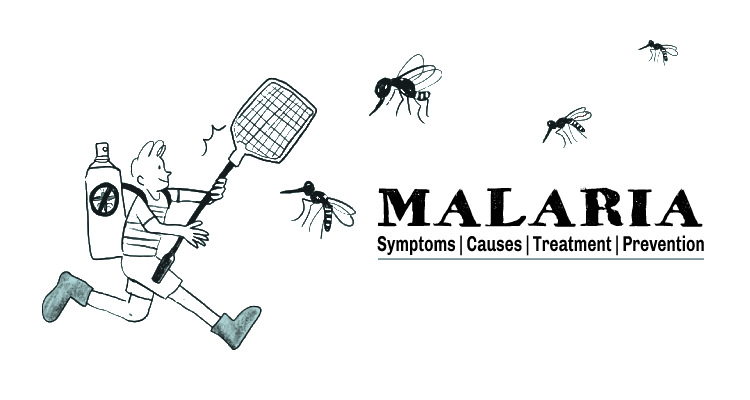
Spread by mosquitoes, malaria is a life-risking tropical disease which if left undiagnosed and unaddressed can prove to be fatal. All that it takes for a person to get infected with malaria is a single mosquito bite. The disease is known to kill an approx. 445,000 people every year, most of whom comprise children. Malaria is especially prevalent in humid and hot countries where the malaria parasites and the mosquitoes that spread them thrive and multiply.
Before you proceed to understand more about its types and symptoms, let us understand what is malaria.
Malaria: What Causes It and The Risk Factors Associated with It
The plasmodium parasites, carried by Anopheles mosquitos are the cause of malaria. The malaria parasites are only spread by female mosquitoes. Mosquitoes sucking blood from a person already suffering from malaria and going on to bite another person and injecting the parasites that were present in the blood of the person it drank is the primary reason why malaria spreads.
When the parasites from the infected person’s blood enter the body, to move to your liver where they thrive and multiply before invading your red blood cells, which are in turn responsible for carrying oxygen. The parasites after entering the red blood cells, hatch their eggs and keep multiplying unless the cells burst, resulting in more parasite release into the bloodstream. You get sicker, as your healthy red blood cells are attacked.
The Symptoms of Malaria
A person starts noticing the malaria symptoms, 10-15 days after he had been infected by the mosquito bite. Numerous malaria symptoms aren’t limited to profuse sweating, shaking, chills, and high fever. Some of the most common symptoms of malaria are:
- Convulsions
- Bloody stools
- Confusion
- Seizure
- Renal failure
- Yellow and pale skin
- Body pain
- Fatigue
- Diarrhoea
- Headache
The Various Types of Malaria
Humans are affected by five different Plasmodium parasites species. However, two of these five species are the most fatal and prove dangerous. The two different types of malaria are:
Falciparum: This is one of the typical malaria parasites which is found in Africa. Most of the deaths caused by malaria are due to this parasite. The Falciparum parasite is known to multiply the quickest, resulting in rapid blood loss and blood vessel clogging.
- vivax: This malaria parasite is most prevalent in the outskirts of Africa’s sub-Saharan region. The P. vivax species lays dormant and can suddenly rise up months and sometimes years post the mosquito bite to infect and target your blood cells.
Complications Triggering from Malaria
The chances of developing severe health issues are more in some people than others. These people include:
- Young infants and children
- Older people
- People who are landing from countries and places that haven’t yet introduced vaccines for the disease
- Pregnant women and their unborn offspring’s
The health issues that develop in severe levels in these people are:
- Coma
- Cerebral malaria
- Pulmonary oedema
- Renal and liver failure
- Anaemia
- Low blood sugar
How is Malaria Diagnosed?
Once you visit your doctor, you will be asked to provide them with your medical records, your recent visits. Thereafter, your doctor will prescribe you a physical exam. You will also be asked to take a blood test which will determine if:
- The parasite is still present inside your bloodstream
- Certain pharmaceutical drugs will be powerful enough to get rid of the parasite
- Your body has already developed antibodies to eliminate the disease
The Different Blood Tests Advised for Malaria Diagnoses
Thin and Thick Blood Smears
The thin and thick blood smears are the most typical malaria tests that are suggested by physicians. Some of your blood will be taken by a lab technician, who will then send it to a laboratory where it will stain for clear viewing of the parasites.
Rapid Diagnostic Test
The rapid diagnostic test is also termed antigen testing and is one of the quickest options when the smears aren’t available while the blood draws. In this test, the blood is taken by pricking your finger and is put on a strip where it alters colour to determine if you have malaria.
Molecular Test
The molecular test is prescribed to find out and understand the parasite type. This test helps the doctor to make a well-informed decision about which drug to suggest to the patient. If your blood has a lesser count of parasites, then this test is the best choice.
Other tests that are done to see if the patient has malaria or not are drug-resistant tests, antibody tests, etc.
The Treatments Available for Malaria
The malaria treatment focuses on getting rid of the Plasmodium parasite from your bloodstream. For treating malaria that hasn’t developed into anything fatal, the WHO recommends ACT or artemisinin-based combination therapy. The ACT is frequently combined with other drugs for the reduction of parasite numbers within 3 days from infection.
Can You Prevent Malaria?
There isn’t any vaccine invented to keep ourselves safe from malaria. If you are visiting a place where malaria keeps happening, then consider talking with your doctor. The physician upon being consulted might prescribe you certain medications so you can stay safe. The medicines usually prescribed by the doctors are similar to the medicines that are given to treat the tropical disease and must be consumed before the trip, during the trip, and even after the trip.
You can think of investing in mosquito nets if malaria is common around your region. This will prevent you from getting infected. You can also bug sprays that include DEET, to steer clear of the infection.
No medicine whatsoever is effective or high-performing in curing you of malaria. Henceforth, you must always prioritize keeping yourself away from mosquito bites besides keeping yourself well-informed about all the malaria causes and symptoms. Preventative measures like keeping yourself covered, and treating the clothes you wear with insecticides can prevent you from mosquito bites.
Disclaimer: The information on this website should not be used as a substitute for professional medical care or advice. Contact a health expert if you have questions about your health.






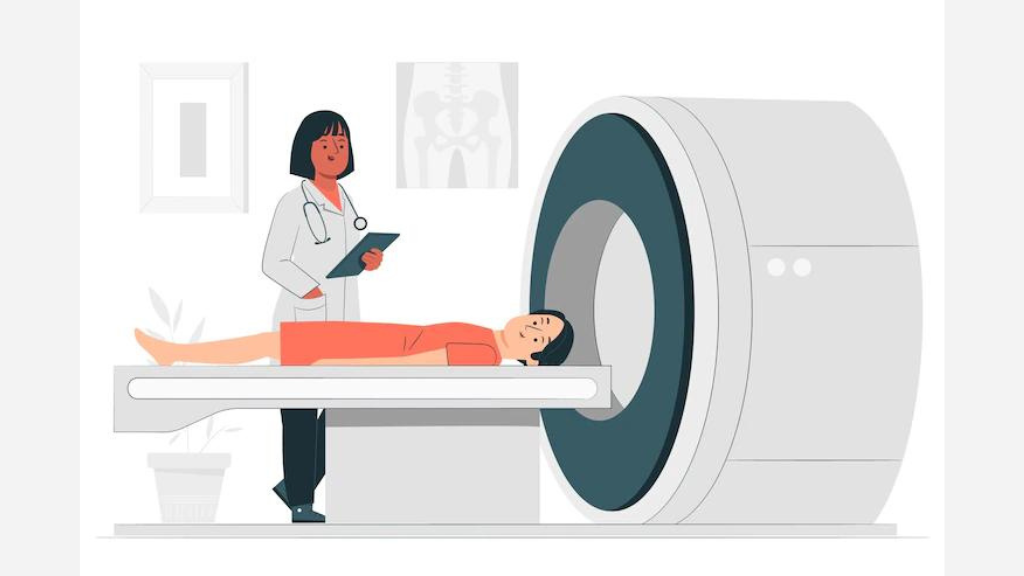

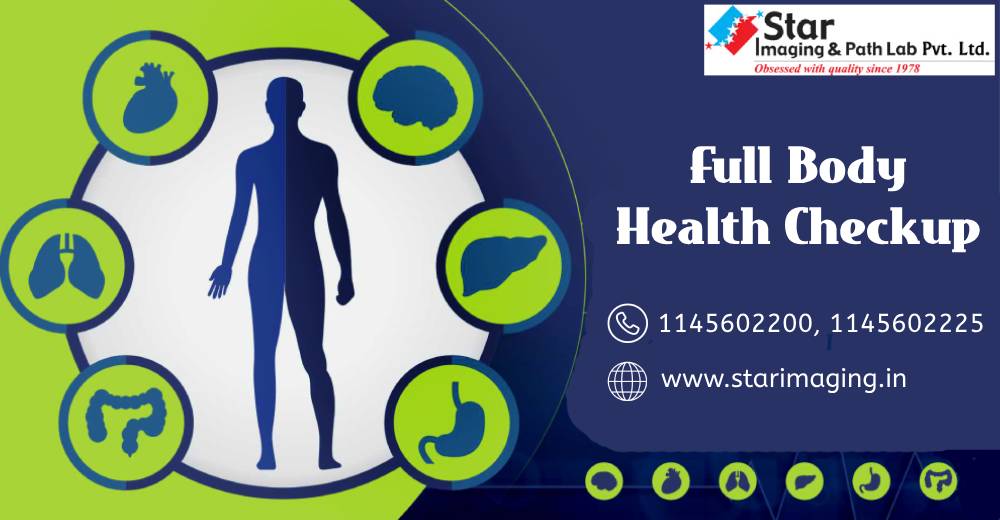
.jpg)
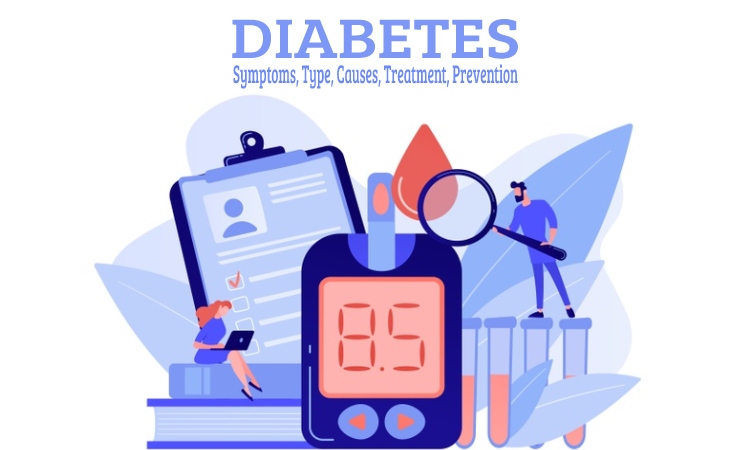
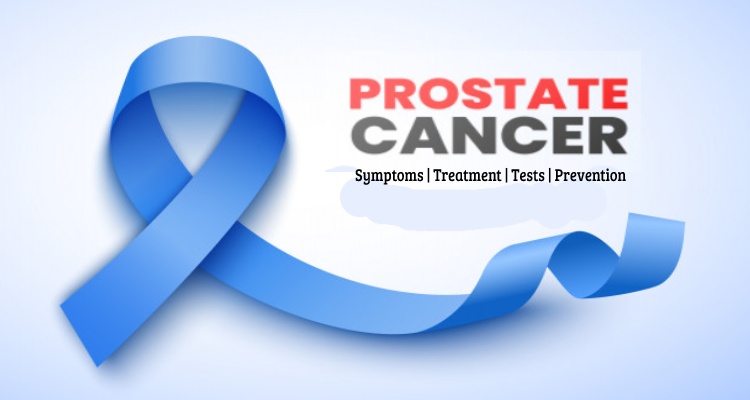
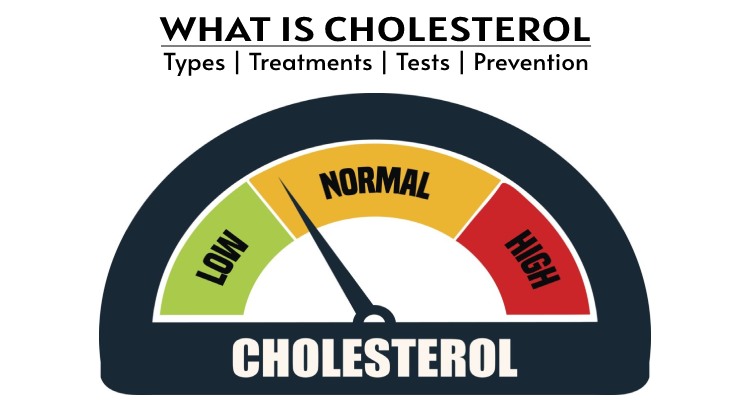
Comments List